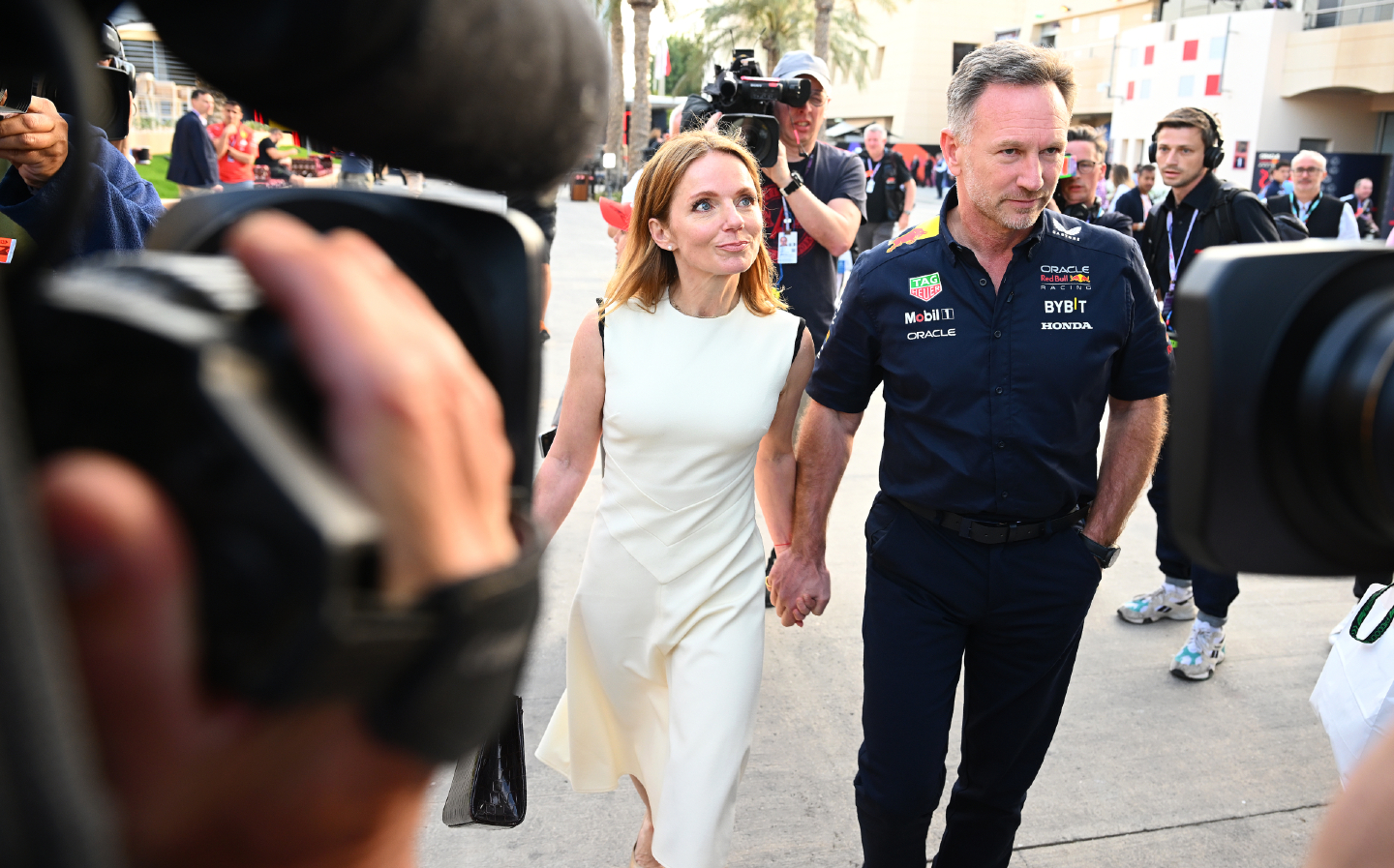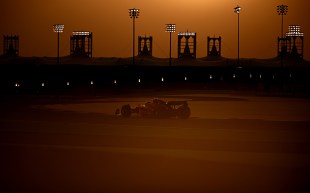Off-track drama has always been part of F1 but buckle up — the soap opera is likely to get wilder
No grid girls or playboy antics these days, but there's plenty of action in the paddock
Formula One has never been as popular as today, and the sport’s operator, Liberty Media, owes a chunk of that to Netflix’s Drive To Survive. The fly-on-the-wall series provides a fascinating and entertaining look behind the curtain of F1 in a way that gives it tremendous mainstream appeal, something the sport has never had before.
And like all good television, part of Drive To Survive’s allure is the drama. From motorhome doors being smashed in heated arguments to blossoming “bromances” between drivers, portraying F1 in a light not seen before got a whole new generation of fans interested in the sport, especially in America, a territory which F1 has seen as crucial for securing growth and revenue. It has also contributed to making more people within the sport — besides the drivers — celebrities in their own right.
More exciting than the racing?
However, the 2024 season has been in the headlines more for what’s happening away from the track than on it. Before any of the cars turned a wheel in anger, we already had one of the biggest stories in recent years: Lewis Hamilton announcing a shock departure from the Mercedes team to Ferrari in 2025 — a deal that even the most well-connected in F1 thought would never happen.
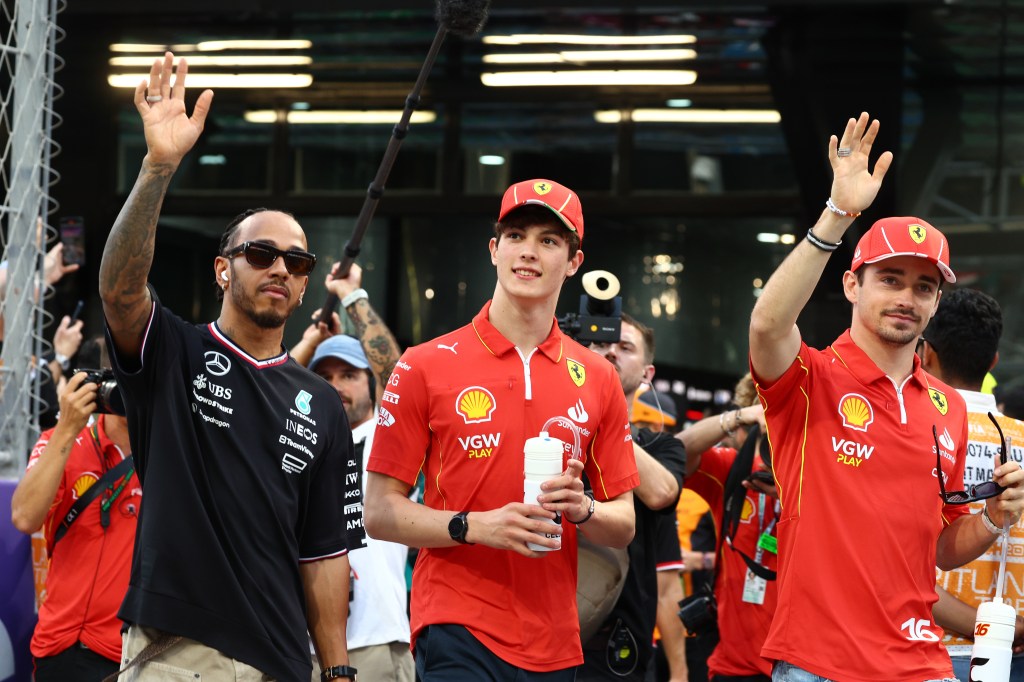
Such a move naturally jump-started the rumour mill as to which driver would take the multiple world champion’s vacant seat in Mercedes. Social media went into overdrive with the ever-increasing online media outlets dedicated to F1 starting various rumours, theories and convincing fiction to generate clicks and views. All quite entertaining stuff.
But the Hamilton story was quickly overshadowed by a more troubling one involving the Red Bull team boss and CEO, Christian Horner, who was accused of “inappropriate” and “coercive” behaviour towards an unnamed female employee of the team — claims that he has always denied.
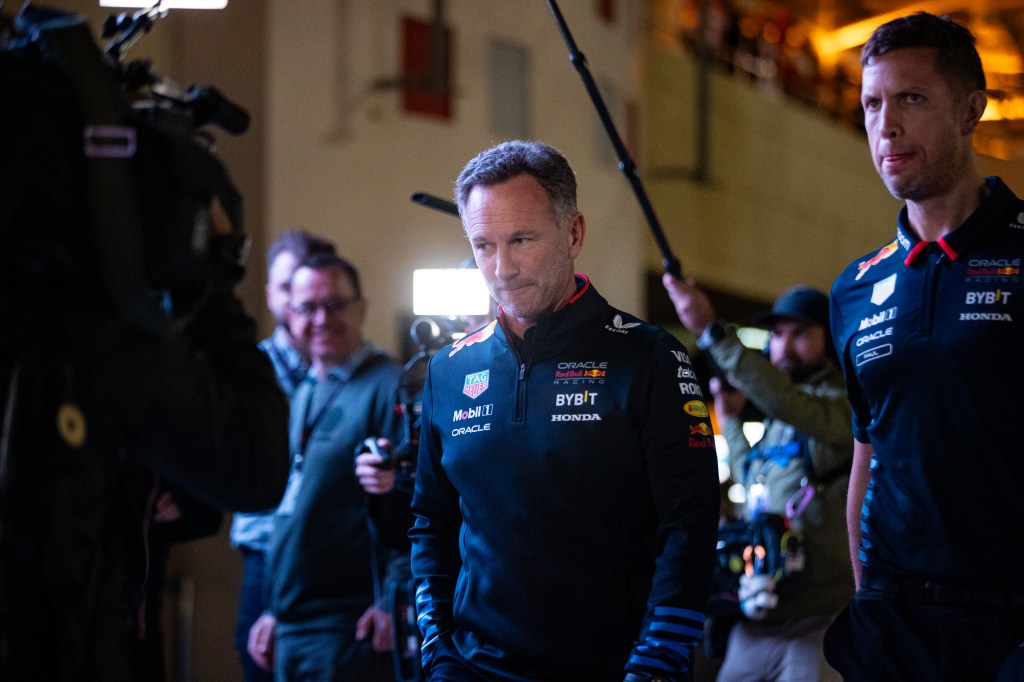
Red Bull Racing and its drinks company owner went into crisis mode, with the latter launching an independent investigation that ultimately cleared Horner of any wrongdoing.
That in itself isn’t a great look and the lack of any reasonable disclosure as to what the internal investigation found didn’t sit well with other teams within the sport. A further anonymous distribution of claimed messages, images and evidence relating to the investigation added more fuel to the fire, with many calling for Horner to go. What in fact happened was that the team suspended the staff member who made the accusations.
It begs the question: do we know about this story because we now live in an era when victims feel more empowered to speak out? How many such allegations were covered up or casually batted away decades ago, in the time of grid girls, tobacco sponsorship and a glamorisation of drivers as playboys?
Rifts within the highly-successful Red Bull team
Reports of massive rifts within the Red Bull team continue to overshadow its mostly excellent start to the season on the track, where reigning champion Max Verstappen comfortably won the first two races. A rare mechanical problem forcing his retirement at the Australian GP aside, the Dutchman looks a shoo-in for a fourth world drivers’ title this year, but it’s not the team’s dominance that has been garnering headlines. Jos Verstappen, Max’s father and a former F1 driver known for having a less-than-perfect track record off the circuit, rowed in on the Horner scandal calling for the boss to quite before the team “implodes”.
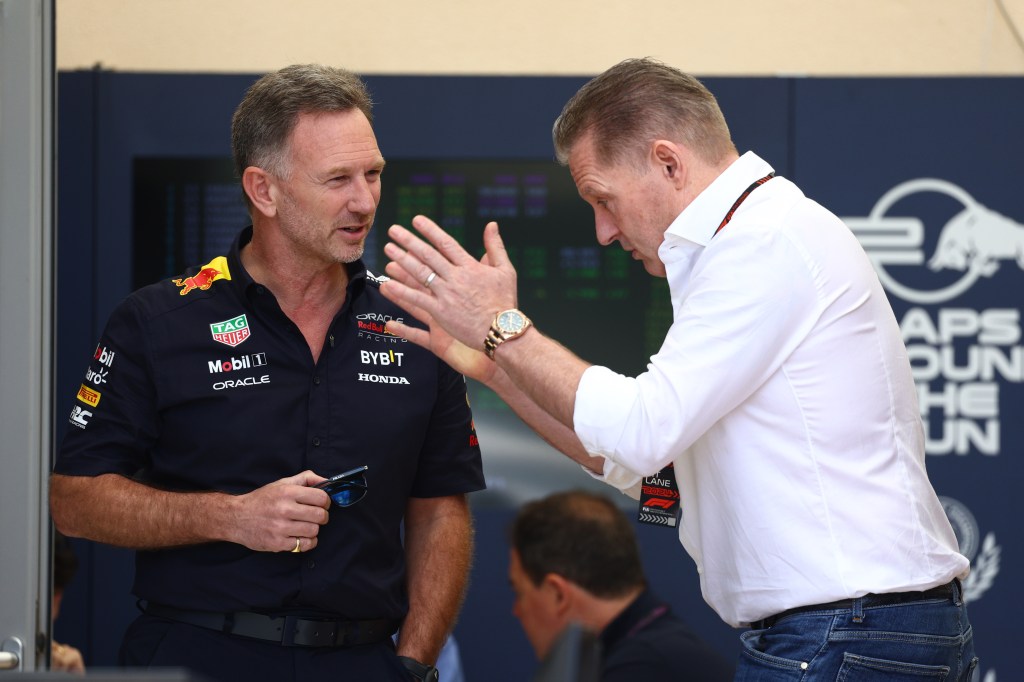
It has proven a headache for the team’s sponsors, too. Ford, which has signed a major deal with Red Bull Racing to work on powertrain development for regulation changes that will be introduced from 2026, has expressed concern over the allegations as it doesn’t want its name dragged through the mud.
Daniel Ricciardo, a former Red Bull driver who is currently driving for its junior team, RB, did little to help matters when he fumbled comments regarding the accusations, describing them as “noise and distraction” in an interview. More noise was generated as a result.
Yet this isn’t a black swan moment. The head of motorsport’s governing body, the FIA, Mohammed ben Sulayem, has himself been embroiled in numerous scandals since taking the position. Most recently, it has been claimed that he attempted to interfere with the homologation of the Las Vegas Grand Prix street circuit prior to its running in November. Billed as the biggest (and most lucrative) race of the year for Liberty Media, had the race not gone ahead as planned it could have been disastrous from a commercial perspective.
Ben Sulayem has not commented personally but an FIA spokesperson told the BBC: “From a sporting and safety perspective, the Las Vegas circuit approval followed FIA protocol in terms of inspection and certification. If you recall, there was a delay in the track being made available for inspection due to ongoing local organiser construction works.”
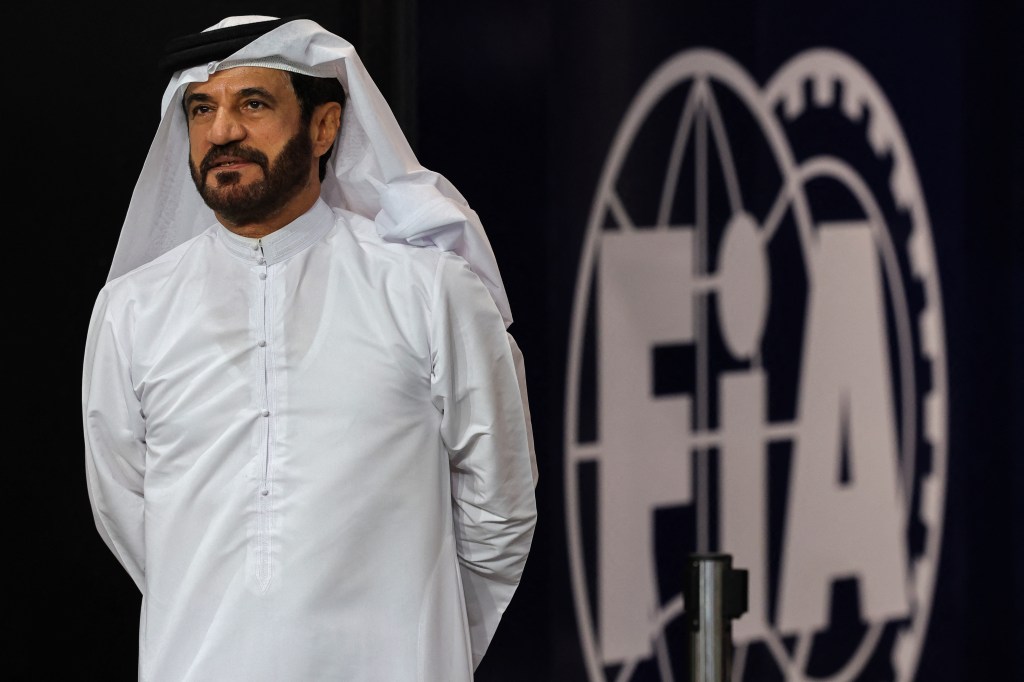
The same whistleblower also claims that Ben Sulayem tried to influence race stewards at the 2023 Saudi Arabian Grand Prix to overturn a penalty given to Fernando Alonso that initially cost him a third-place finish. Alonso was racing for Aston Martin, which lists Aramco, the Saudi petroleum company, as one of its major sponsors. As it later transpired that the Aston Martin team was granted a right of review, and the penalty was subsequently overturned.
Again, ben Sualyem has refused to comment but an FIA statement read: “The FIA confirms that the compliance officer has received a report detailing potential allegations involving certain members of its governing bodies. The compliance department is assessing these concerns, as is common practice in these matters, to ensure that due process is meticulously followed.”
These days the sport is in a far better place than the past, with greater inclusivity and equality across the paddock, though it still has some way to go. In recent years F1 management stepped in when drivers, including Lewis Hamilton and Sebastian Vettel, used their status to highlight inequalities by taking the knee on the starting grid and wearing LGBTQ colours in countries the sport visits known for authoritarian regimes.
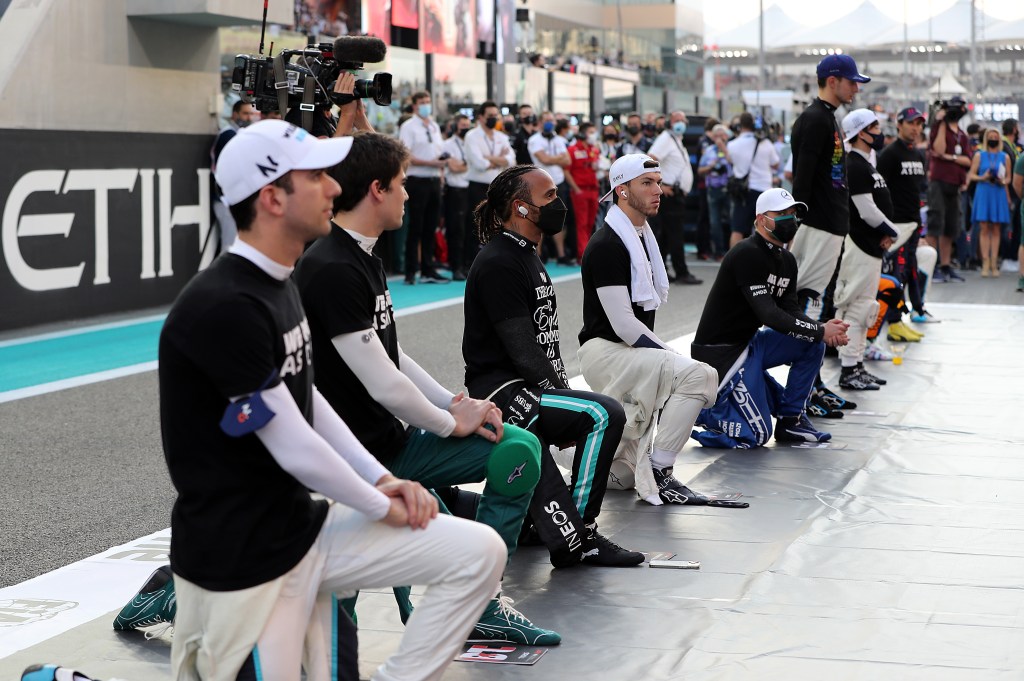
There has always been drama
Scandal and intrigue are nothing new to the sport of F1. In 2007, a senior member of Ferrari’s technical team was accused of selling the team’s intellectual property to rivals McLaren. This resulted in McLaren being issued the largest fine in the sport’s history.
During the 2008 Singapore Grand Prix, Renault driver Nelson Piquet Jr. crashed into the wall in what appeared to be a momentary lapse of concentration. The resulting safety car helped his teammate Fernando Alonso go on to victory. However, it later transpired that Piquet Jr. (pictured at the 2009 enquiry, below) had crashed deliberately to influence the race’s outcome. Ferrari driver Felipe Massa failed to finish, contributing to him narrowly missing out on winning the world championship that year, which Lewis Hamilton won.

Massa has now filed a lawsuit related to what has been dubbed “crashgate”, seeking damages and calling for the race result to be voided. He is claiming that had the crash been investigated properly at the time, he would have won the driver’s championship that year.
In the 1980s, a drivers’ strike occurred when the championship visited South Africa, which was in the midst of apartheid.
And when F1 raced at the famous Indianapolis circuit in the United States in 2005, the high-speed banking affected the structural rigidity of the Michelin tyres. No agreement on solving the issue could be reached, and when the formation lap was taking place, all those running Michelin tyres peeled into the pits and refused to take part, leaving only six cars (running Bridgestone tyres) to compete in the race.
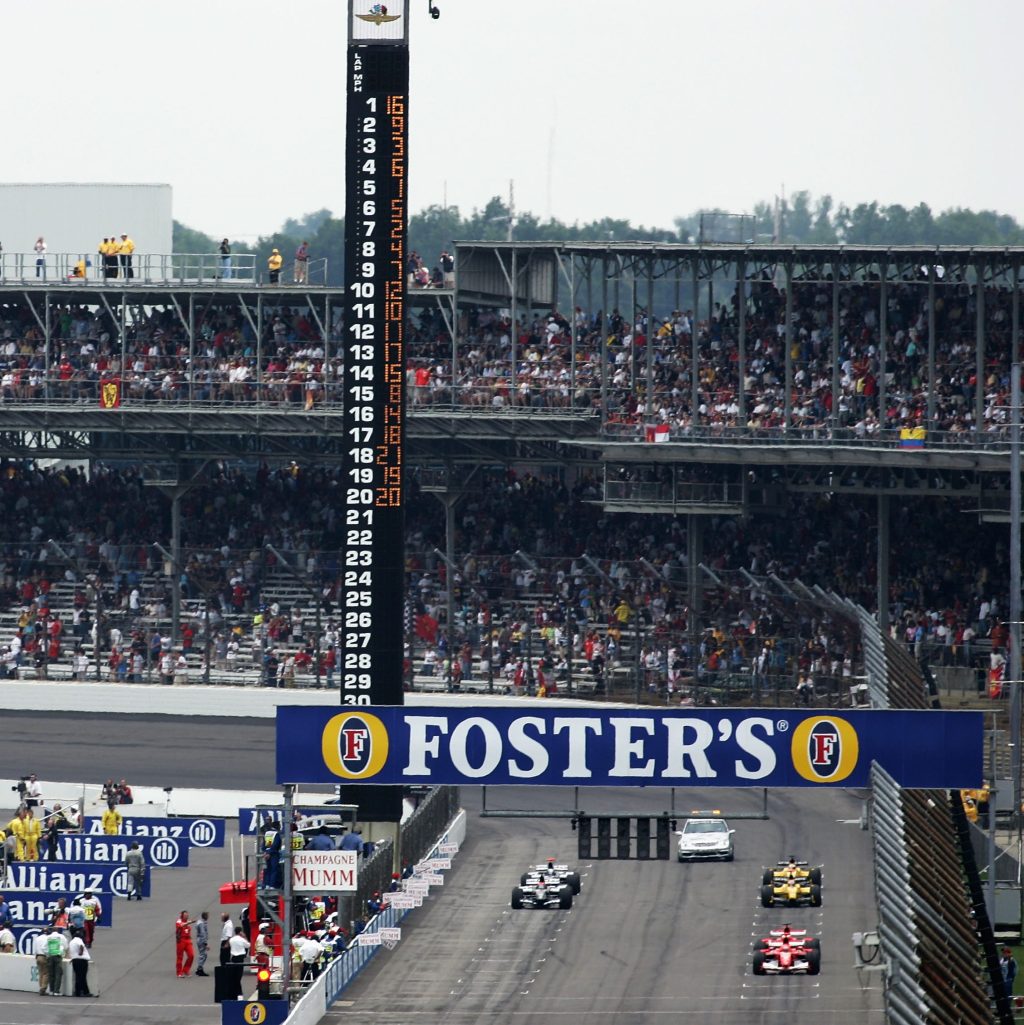
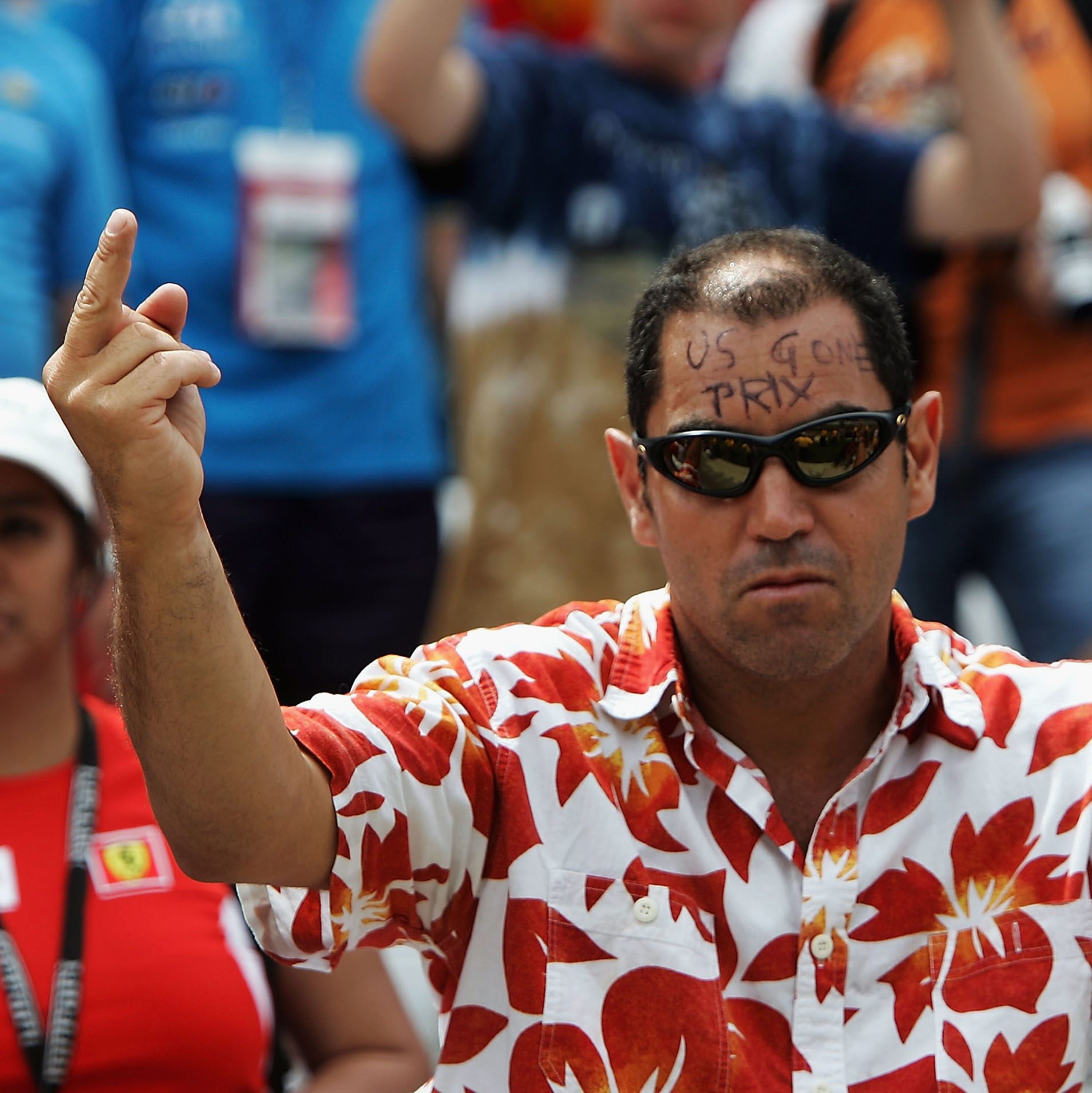
As F1 grows in popularity, it also finds itself under an increasingly bright spotlight, and such scandals aren’t going to fade away anywhere near as quickly as many of those involved in them would hope. More dedicated media outlets mean that the sport is being examined in greater detail than ever before and more stories such as the ones mentioned above are being exposed. Covering F1 now is as much about what happens off-track as on it.
Related articles
- If you were interested in our thoughts on the off-track action of Formula One, check out which is the next GP and our race reports from the previous rounds here
- You might also want to know which drivers are with each F1 team this year
- Want to see race reports from the 2023 F1 season? We’ve got ’em
Latest articles
- Aston Martin Valkyrie AMR-LMH hypercar hits track ahead of 2025 Le Mans challenge
- Porsche has begun testing the electric Cayenne
- Cupra Leon 272 eHybrid 2024 review: Bigger battery, better tech … but is it a Cupra?
- Porsche 911 GTS 2024 review: Hybrid heresy or more Stuttgart genius?
- Extended test: 2023 Vauxhall Astra Sports Tourer GS PHEV
- Ford Capri revival has faced a lot of flak… but are buyers put off? Here’s what visitors to the Festival of Speed had to say
- F1 2024 calendar and race reports: What time the next grand prix starts and what happened in the previous rounds
- ‘No timeframe’ for how long Volvo’s returning estate cars will be on sale in UK
- Kia Picanto 2024 review: Updates add spice to cute Korean city car


